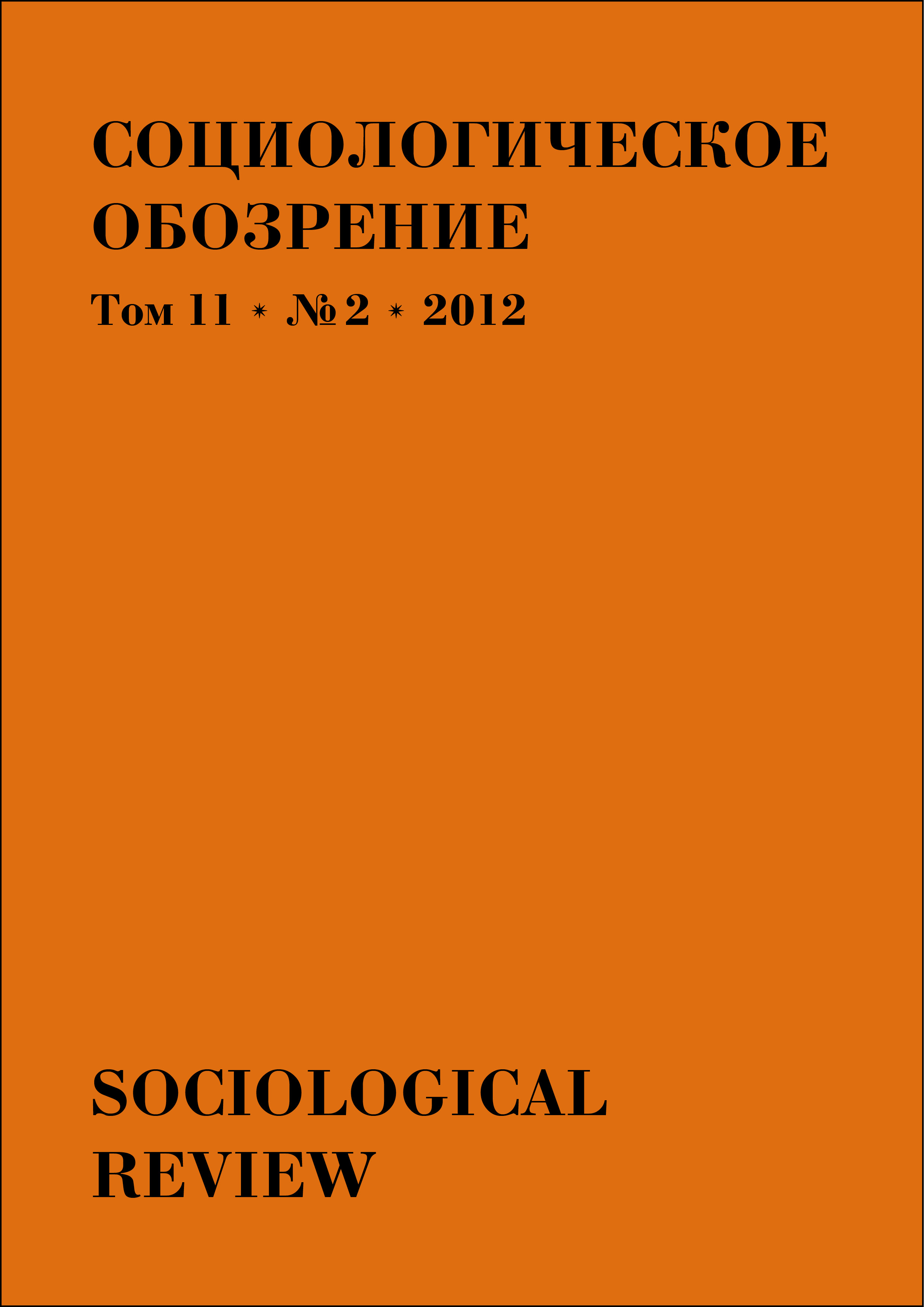The 17th century political cartesianism and its opponents; or, imaging the state from point fixe
Abstract
The paper focuses upon two samples of early modern “civil sciences”: rhetorical inquiry dealing with contingency (so called “rhetorica primaria”) and mathesis politica traditionally referring to the intellectual context of early Enlightenment. The study deals with the main tendencies that shaped early Enlightenment political science consisting of criticism of the necessitarian ethical rhetorical paradigm, an appeal to rhetorical competence, search for a way to “tame” contingency and thus to learn how to understand the human will’s universe of effects and how to control it. Special attention is paid to the famous “new sciences”: Giambattista Vico’s scienza nuova and Thomas Hobbes scientia civilis. The fundamental difference in Vico’s and Hobbes’ theoretical styles is emphasized. While Hobbs is “macro-sociological” (“macro-solution of macro-problems”) and handles issues extreme and ultimate, that allow neither interim decisions nor close attention to historical niceties, Vico considers the matter of his science as a universe of contingency, defining scienza nuova as history. Particular attention is paid to the function of the topical-rhetorical discourse in Hobbes’ political science, used for the description of the prepolitical man (6th chapter of Leviathan). Drawing upon almost unknown 17th-century Dutch political writings, the study examines ways of the reception of Hobbes’ civil science conceived as a rhetorical inquiry. The authors also explore Vico’s alternative to Hobbes’ constructionist theoretical style. A vast array of contemporary theoretical approaches to the early modern political thought is analyzed, from the “Cambridge history of concepts” to N.S. Struever’s “modal rhetoric”.




